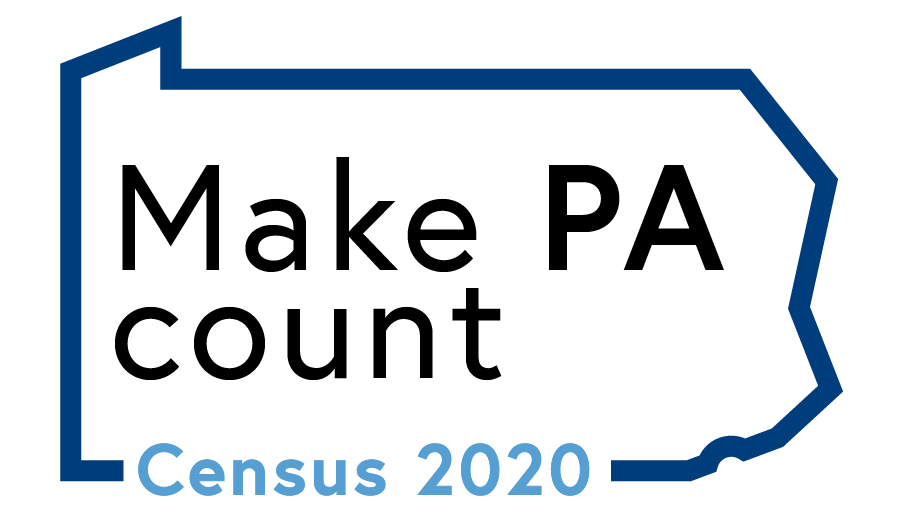Participation in the 2020 census by people with disabilities will help make sure that our communities receive their rightful share of federal resources and that we are fairly represented in Congress. Perhaps the most critical role of the census is population apportionment or an accounting of how many people live where. Apportionment determines how the 435 members of the House of Representatives are divided among individual states. Unlike the number of senators, of which every state has two, the number of representatives per state is determined solely on population.
The census does not ask specific questions about disability, but every year the U.S. Census Bureau conducts a different survey called the American Community Survey (ACS). The ACS collects information about disability, employment, household earnings, commuting, and more.
https://www.youtube.com/watch?v=3cEWOw8zD8M#action=shar
The Impact on the Disability Community
The United States Constitution requires the census to ensure fair political representation. Community leaders and elected officials rely on accurate census data to make funding decisions about education, senior citizen and veteran supports, and other community allocations. It is vital to get the numbers right, everyone—including people with disabilities—must be counted.
While the United States census only comes around once every ten years, census data play a vital role in the lives of people with disabilities every day.
The census determines allocations for real-life necessities, like health care, Supplemental Nutrition Assistance Program (SNAP), special education grants, and Medicaid.
Special education grants provide resources to disabled students, tailored to their individual needs. If the U.S. Census Bureau does not conduct a full and accurate count, administrators of special education programs will have no way of knowing how many children they must teach, which school districts need more educators, or what communities need more schools.
Census figures help advocates, community leaders, and elected officials address disparities in housing, health care, employment, and education. Fair and proportionate voting representation depends on valid census data, as does the enforcement of voting rights laws. The health and wellbeing, and the political power of all communities, rests on a fair and accurate census count. Elected officials cannot make informed decisions about how to allocate federal tax dollars fairly and effectively without a precise accounting of the population.
As such, an accurate census count is essential in ensuring people with disabilities who need these necessary supports and services participate in the census.
What to Expect in the 2020 Census
This month, March 2020, the online form will be available to complete through the U.S. Census Bureau. Information about how to respond online will be mailed to households in mid-March. In May, census takers will begin following up in person with households that have not yet participated. Participating in the census is easier than ever before. For the first time in history, you can complete the census online using your unique code that is mailed to you in March. You also have the option to participate by phone or mail. Depending on when you respond, your household could receive up to five mailings encouraging you to participate.
The questionnaire will consist of ten questions about each household member, including name, age, race, and more. Keep in mind, responses to the census questionnaire are completely confidential and anonymous. Under Title 13 of the U.S. Code, the U.S. Census Bureau cannot share census data with any other person, organization, court, business, or government agency, like law enforcement.
Participation in the census is critical and it’s the law. Every person who lives in the U.S. and its territories is required to respond to the census.
Here are some additional resources for the 2020 Census:
https://disabilitycounts2020.org/

